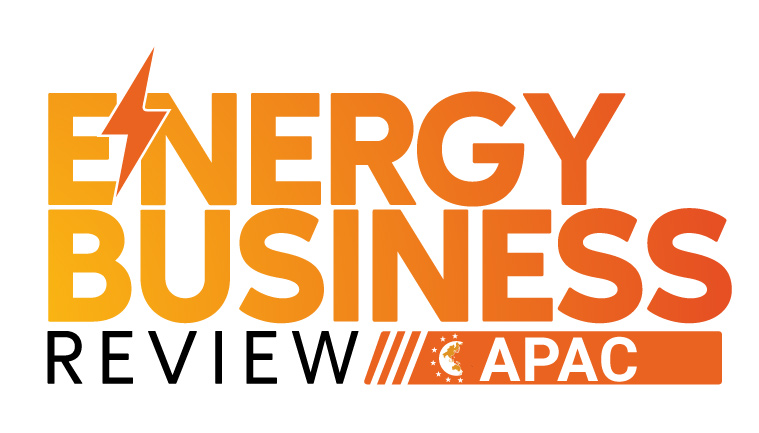Thank you for Subscribing to Energy Business Review Weekly Brief
The Role of Engineering Consultants in Europe's Energy Transition
Energy Business Review | Monday, October 27, 2025
Fremont, CA: The transition to a sustainable, decarbonised energy system is a defining feature of the European economic landscape, placing consulting engineering firms at the epicentre of immense, complex change. The ambition to achieve net-zero targets demands a profound and rapid evolution of the workforce, transforming the talent pool into an engine capable of designing and implementing the next generation of energy infrastructure. This evolution rests on a tripartite foundation: sophisticated workforce development, the integration of interdisciplinary training, and a strong commitment to diversity and inclusion.
Building the Workforce for the Energy Transition
Stay ahead of the industry with exclusive feature stories on the top companies, expert insights and the latest news delivered straight to your inbox. Subscribe today.
For consulting engineering firms, workforce development has become a strategic necessity—central to sustaining competitiveness, driving innovation, and enabling clients to meet ambitious decarbonisation goals. Rather than being replaced, many established roles—ranging from system analysts to project managers—are being redefined with a stronger “green content.” This entails enriching traditional engineering knowledge with competencies in carbon management, energy optimisation, battery storage integration, and the use of advanced digital tools for data modelling and analysis. Training initiatives must therefore be modular and precision-focused, adding specialised expertise to existing skill sets while reinforcing a culture of lifelong learning. Continuous professional development, mentoring, and structured knowledge transfer are key to ensuring that current talent remains relevant, motivated, and capable of delivering value in a rapidly changing environment.
Interdisciplinary training is equally essential in breaking down traditional silos and fostering systems thinking. Today’s energy professionals must combine technical mastery with a broad understanding of economic, regulatory, and environmental dynamics. An electrical engineer designing a wind farm, for example, must also navigate project finance, policy frameworks, and environmental assessments. Modern training programmes increasingly bridge disciplines such as engineering and data science to optimise smart grids; technology and economics to evaluate project feasibility; and technical expertise with systems thinking to manage interconnected energy networks spanning heat, transport, and power. This interdisciplinary fluency equips consulting engineers to approach challenges holistically, transforming them into strategic enablers of a sustainable, resilient energy future.
Diversity and Inclusion: The Engine of Innovation
Firms that embed Diversity and Inclusion into their core operations are better positioned to innovate, as diverse teams are more adept at challenging conventional thinking and uncovering new ideas that might remain unseen in homogeneous environments. A visibly inclusive culture also strengthens an organisation’s ability to attract and retain top talent, serving as a key differentiator in an increasingly competitive global market. Crucially, fostering equity within teams ensures that every professional feels valued, empowered, and motivated to contribute to collective goals, resulting in stronger collaboration and more effective outcomes.
By making diversity and inclusion a foundational element of their business strategy, European consulting engineering firms enhance their capacity to deliver holistic, forward-looking solutions. In doing so, D&I becomes the essential fifth pillar—complementing technical excellence, strategic insight, innovation, and sustainability—in driving the transformation towards a more equitable and energy-efficient future.
The transition to a decarbonised energy system in Europe necessitates a fundamental transformation within consulting engineering firms. This transformation hinges on three strategic pillars: workforce development, interdisciplinary training, and a strong commitment to diversity and inclusion. Workforce development must integrate sustainability-focused competencies into core engineering roles, enhancing expertise in areas such as smart grid integration, renewable energy systems, and carbon management. Interdisciplinary training is essential to equip professionals to design and implement holistic, system-wide solutions. Equally, diversity and inclusion are not merely ethical priorities but strategic advantages—critical for attracting and retaining top talent and strengthening firms’ capacity to deliver innovative, comprehensive solutions for Europe’s energy transition.
More in News


